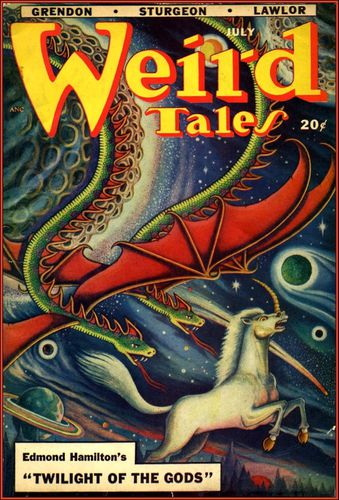Ireth
 Myth Weaver
Myth Weaver
No world built for any fantasy novel that has been ever written was complete. Never. Not a single one of them.
Agreed. Even Tolkien's universe, masterfully crafted as it is, has huge gaps in the timeline, especially in the ages before the Sun. And that's just one example. I'm sure others can think of more.

 Auror
Auror
 Sage
Sage